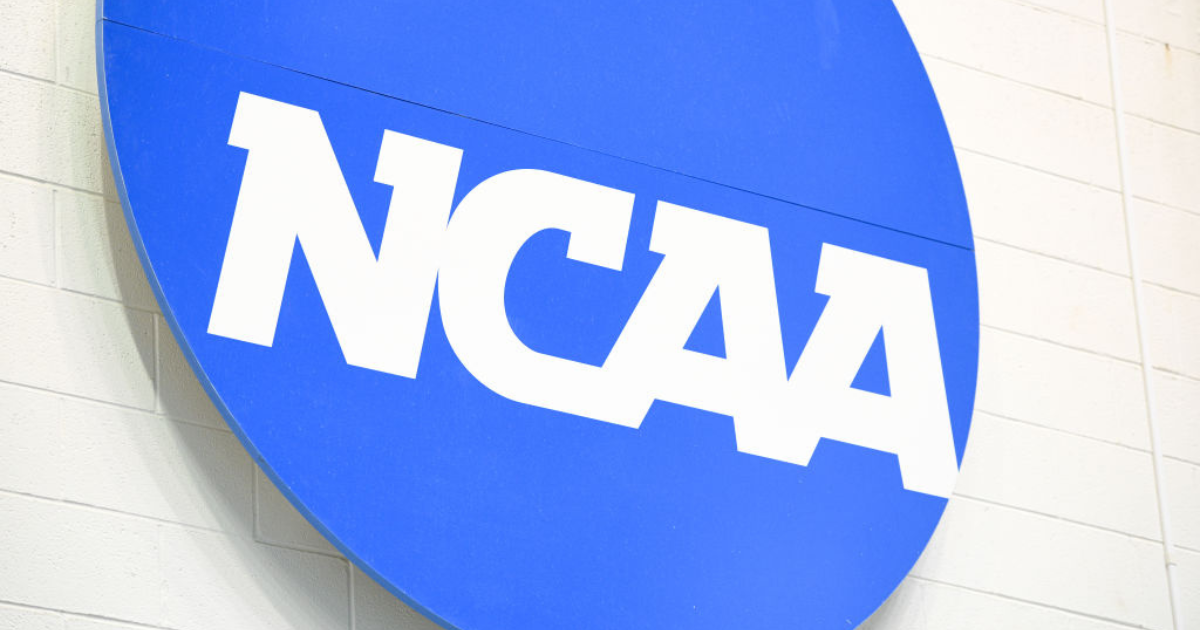I think the reason that the incomplete pass change would alter the game more, is because it does more to reduce the game length, and thus reduces the number of plays more. I don't think there is anything magically different between that and not stopping the clock for the chains to be reset on a first down. The only difference is that the first down change would only save two to three minutes a game. At the end of the game when trying to come back, you would only get a few first downs, say maybe five or six. The change would reduce 25 to 30 seconds of game time, so would take away two or maybe three plays. The incomplete pass change could save 20 minutes or more per game. At the end of the game when trying to come back, it could take away several minutes, maybe 10 or 12 plays.
The point I am trying to make is that there is a direct correlation between how much the change would affect the game and how much the change would reduce the game length. If they really want to take 20 or more minutes off of the game length, then they are going to have to alter the way the game is played/schemed. Micro changes are not going to alter the game much, but are also not going to reduce the game time by much.
It also seems to me that first three changes will ensure more breaks and time for commercials. The overall effect could be a reduction in the amount of football played, but an increase in the overall game length because of commercials. I know that it isn't actually true, but being in the stands it feels as though we spend more time watching the guy in the red shirt holding the timer than we do actually watching football plays. (Or it might actually be the case that the overall time between snaps and whistles is less than the time of the red-shirt guy timer time.)

